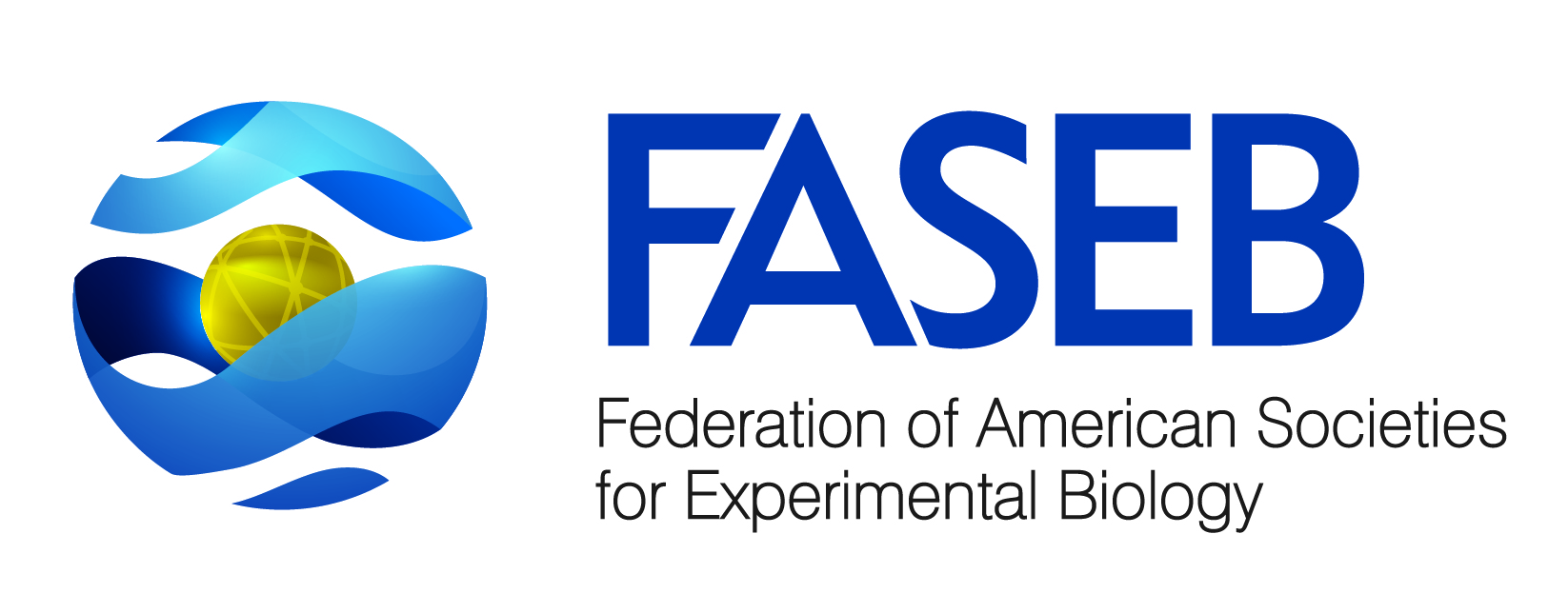Contact: Howard Garrison, 301/571-0657
Scientist Criticizes Human Cloning But Warns Against Overbroad Ban
Bethesda, MD -- Ralph G. Yount, President of the Federation of American Societies for Experimental Biology (FASEB), today criticized proposals to clone human beings. At the same time, Yount emphasized that certain cloning techniques are important tools for biomedical research.
Yount, a Professor of Biochemistry and Chemistry at Washington State University, said: "Cloning a human being would be unethical and reprehensible. The techniques that created Dolly are unreliable: only one of 277 embryos actually produced a viable adult sheep, and it is not even known yet that Dolly will live a normal lifespan. Applying to human beings today the unreliable techniques which lead to Dolly only last year would be unacceptable."
"At the same time, it is important to emphasize that the laboratory techniques which make it possible to consider cloning a human being are powerful research tools. And it is literally vital that any attempt to prevent the cloning of human beings not hinder biomedical research that can lead to the repair of diseased and damaged human tissues and organs, and to possible cures for numerous human genetic defects, diabetes, cancer, Parkinson's disease and other neurodegenerative diseases."
Yount's position is in keeping with FASEB's embrace of a cloning moratorium. In September, the members of FASEB's Public Affairs Executive Committee, representing the 14 member societies of the Federation, unanimously voted in favor of the following statement:
RESOLVED: The Federation of American Societies for Experimental Biology (FASEB) adopts a voluntary five year moratorium on cloning human beings, where "cloning human beings" is defined as the duplication of an existing or previously existing human being by transferring the nucleus of a differentiated, somatic cell into an enucleated human oocyte, and implanting the resulting product for intrauterine gestation and subsequent birth.
In accord with the recommendations by the National Bioethics Advisory Commission, this moratorium will be in effect for a period of five years, with subsequent reconsideration for possible extension.
# # #
ABOUT FASEB... The Federation of American Societies for Experimental Biology (FASEB) is the largest coalition of life sciences societies (14) in the United States, and represents over 52,000 biomedical and biological scientists. FASEB society members are committed to performing fundamental research and education in their disciplines. The fourteen societies are as follows:
Regular Members:
American Physiological Society
American Society for Biochemistry and Molecular Biology
American Society for Pharmacology and Experimental Therapeutics
American Society of Investigative Pathology
American Society of Nutritional Sciences
The American Association of Immunologists
The American Society for Cell Biology
Biophysical Society
American Association of Anatomists
The Protein Society
American Society for Bone and Mineral Research
Sustaining Associate Members:
Society for Developmental Biology
American Peptide Society
Association of Biomolecular Resource Facilities
For more information, contact: Howard Garrison, 301/571-0657
